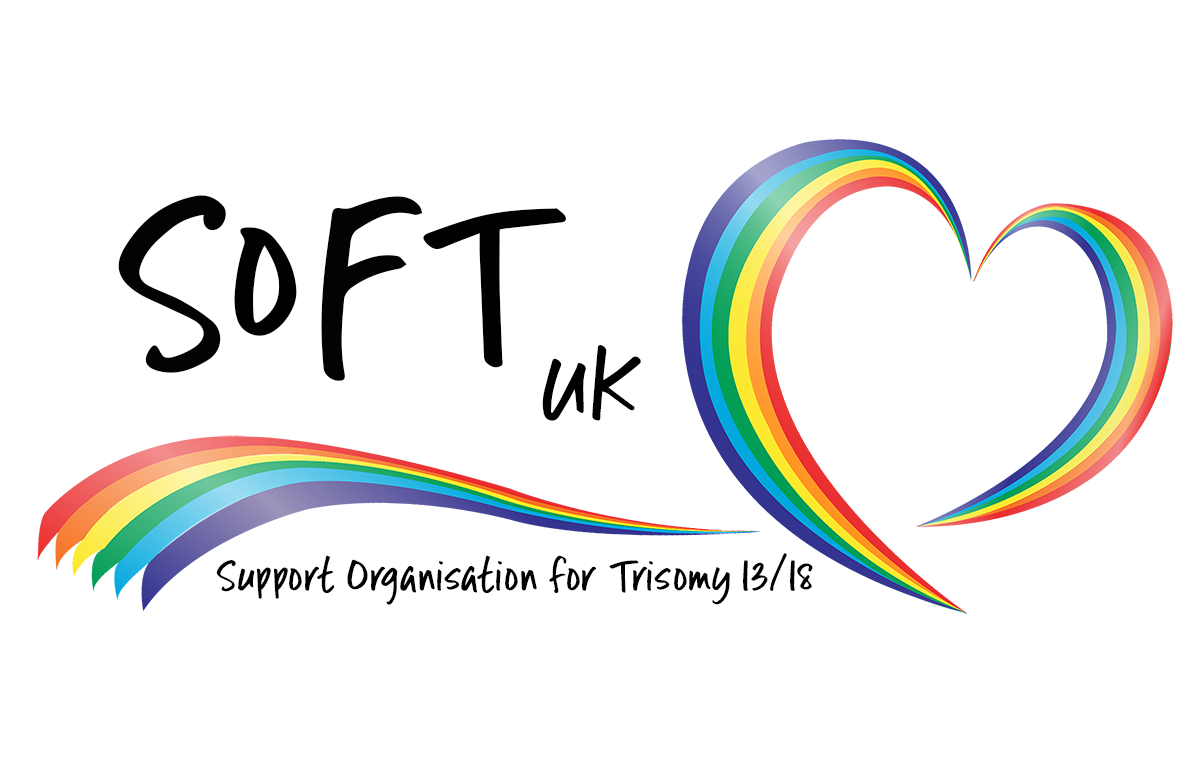Chromosome Analysis
There are different ways in which laboratories look at the samples they take for chromosomal testing.
Rapid results
QF-PCR and FISH are molecular tests that can be performed on a CVS sample to provide a rapid but accurate diagnosis of chromosomal disorders. Results take on average three working days.
Full karyotype
A full karyotype means the laboratory use cells from the sample to look at all the baby's chromosomes under a microscope. They check for any major changes in the chromosomes and can tell the baby's sex. It is a longer process than the rapid tests and results can take up to two weeks.
Array CGH
Genomic microarray (Array CGH) is an advanced method of genetic testing of a sample from CVS or amnio. It can detect copy number changes in a baby's chromosomes. This means it looks for where there are deletions (bits missing) or duplications (where there are extra bits) in the baby's DNA that would not be identified through the full karyotype. It is now sometimes used instead of or as well as karyotyping.
Understanding your results
A Clinical Geneticist will interpret the results of chromosome tests. When tests during pregnancy have shown a chromosome condition the clinical geneticist, if consulted, will discuss the results with you.
Depending on the particular chromosomal condition affecting your baby, you may not always be given the definite answers, that you are looking for about what this means This is because it is not possible to tell absolutely the impact the condition will have on each child. In some cases the information will be a mixture of the certain, the probable, the possible, and an element of ‘wait and see’. For example, it may be clear that the baby has trisomy 18 but it is not known if that is complete or a partial form of trisomy 18 such as ‘Partial’ or ‘Mosaicism’ (more information on these conditions appears in our ‘What is Trisomy?’ section). It is almost impossible to predict how many cells are affected, and where those cells are, in a child with partial or mosaicism prior to birth.
It may be possible to see that the baby has a heart defect or abnormalities in other organs using a detailed ultrasound scan, but it may not be clear how that may affect the baby or whether it is treatable. Many babies with trisomy 13 or trisomy 18 do have heart defects and specialist centres can perform a detailed scan of the baby's heart during pregnancy.
What next?
Following a diagnostic test result you will need to decide what you want to do next. Only you can make the decision that is right for you and your family. Sometimes it is helpful to talk to someone who has had a similar experience. SOFT have Support Volunteers that you can access via support@soft.org.uk and where you can get support and speak to someone who understands what you are doing through.
What does this mean for my family?
In general, cases of Full Trisomy occur as a de novo mutation in a new baby. This means that the problem has occurred for the first time in the baby. They have not inherited the condition from their parents and therefore there is not an associated risk for future pregnancies.
However in some related conditions, such as some partial diagnoses and translocations, there is a possibility they have inherited the condition, in whole or in part from a parent.
Families facing this type of diagnoses may benefit from a referral to Genetic Counselling services. Genetic Counsellors can pull together all the information about your baby's diagnosis and help translate that for you. They can arrange for additional testing of parents and/or other family members if that is required. They can then calculate and advise on the risks of the condition affecting future pregnancies or other family members. They are trained counsellors and can walk families through information and decision-making processes, to make the decisions that are right for their own family.
